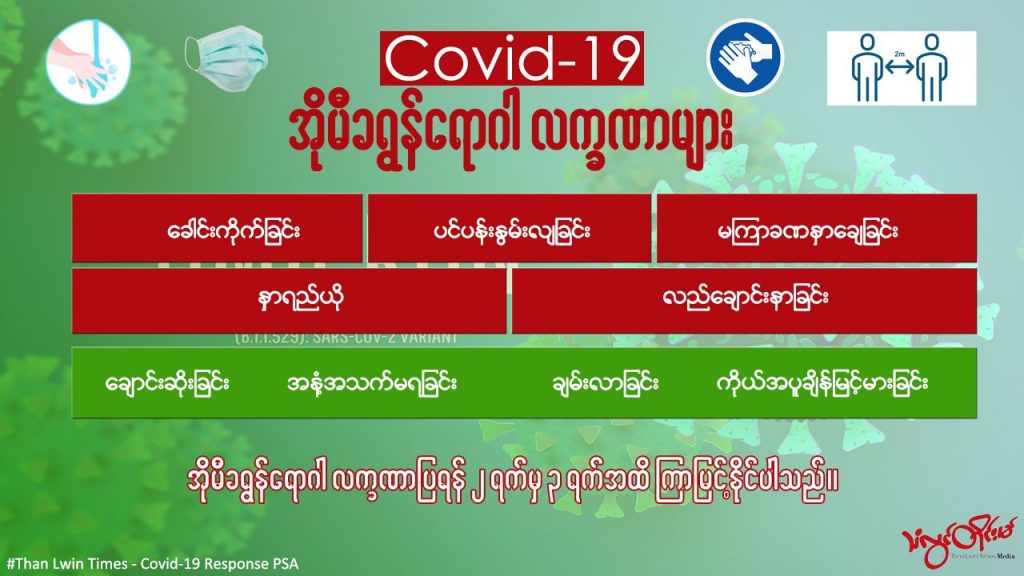Nay Pyi Taw, February (5)
The legal experts pointed out that provision that there is no right to appeal the judgment of the military tribunals in the townships declared under martial law is completely contrary to existing laws, including the constitution.
On February 2, the military council imposed martial law in 37 townships in 8 regions and states in order to ensure security, law and order, and regional peace more effectively.
Criminal acts are prosecuted by a military court under martial law, and if found guilty, the death sentence, indefinite imprisonment with hard labor, or the maximum penalty can be given.
Additionally, it adds that the death penalty requires the President of the Military Council’s approval and that the military courts’ judgment and the maximum sentence of punishment are irreversible.
A lawyer has criticized the fact that there is no right to appeal convictions handed down by military courts, which is completely contrary to existing laws, including the 2008 Constitution.

In addition, the judge has to rationally decide between the maximum and minimum punishment for the perpetrators of the crime, depending on the circumstances of the crime, but currently, the military council has set the maximum punishment, so it will not be fair, according to experts.
Criminals have the right to appeal at different levels of court depending on the crime they committed, but the military council’s ban on it is a further violation of human rights, legal experts said.
Political analyst U Ye Tun (Hsi Paw) remarked that the declaration of martial law is a move by the military council to gain control over the region for the upcoming elections, and that this may result in the loss of basic human rights.
The military council has given authority to regional commanders to deal with issues such as security, social and trade affairs, as well as transportation in the townships under martial law.
Under martial law, military tribunals in townships can rule on 23 sorts of cases, including treason, government sedition, offenses under Section 505 of the Criminal Code, the Arms Act, murder, and inciting a government employee to commit a crime.
Political observers predicted that the military council’s martial law could exacerbate military tension and expand the range of the conflict.
News-Than Lwin Times

